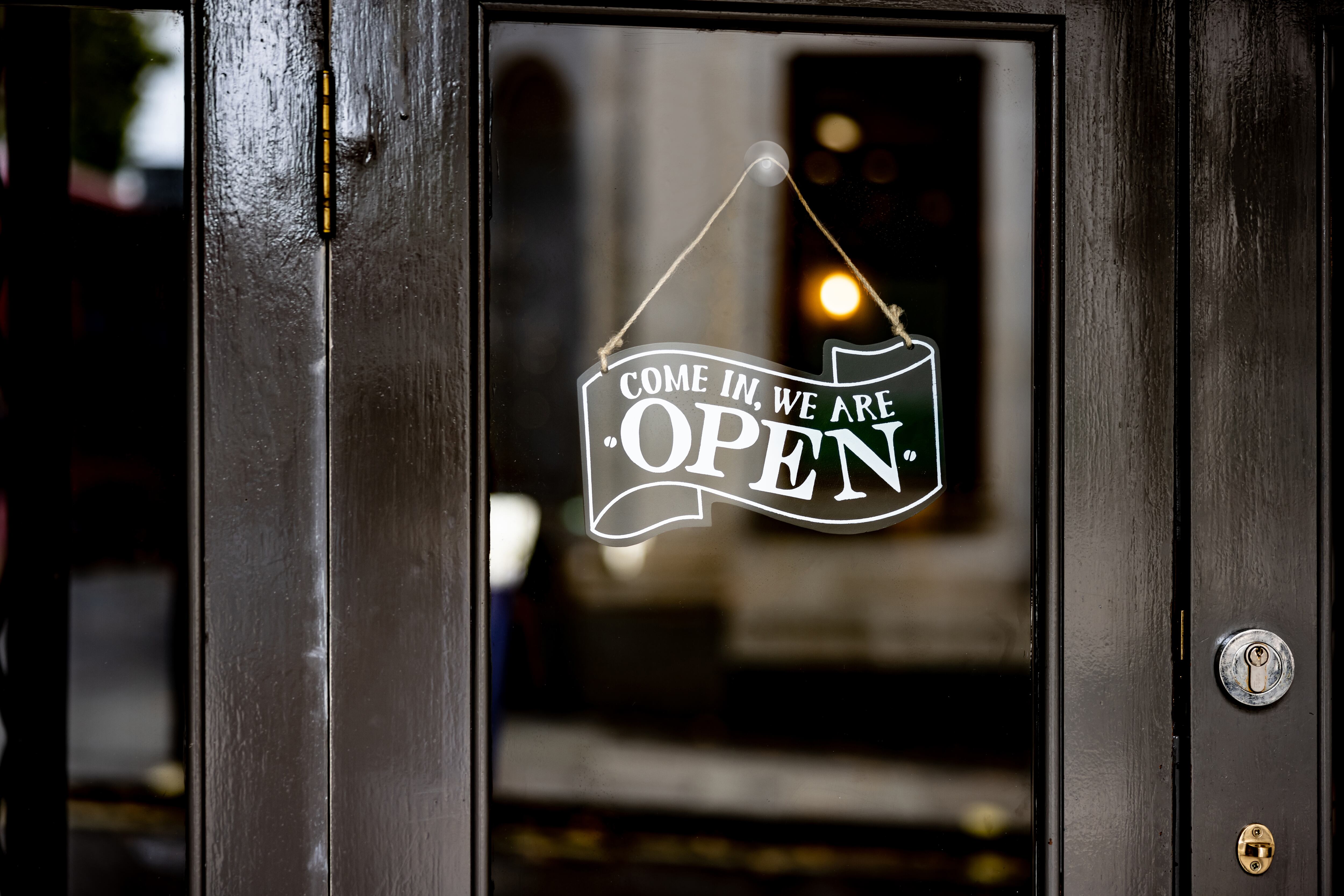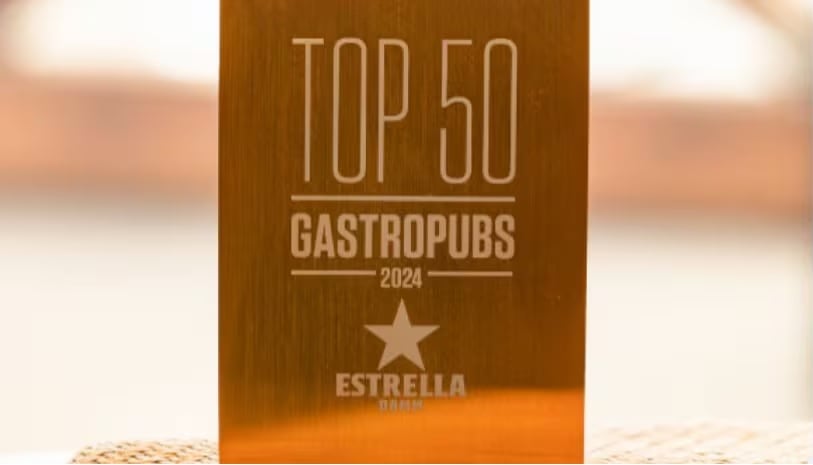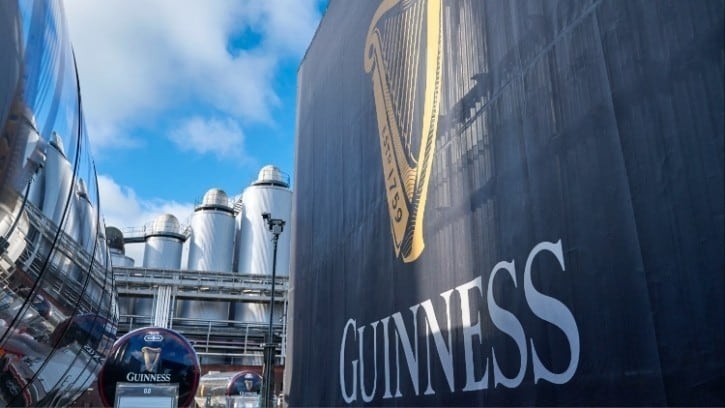The Wiltshire pub, which had been closed since 2018, faced the threat of being sold off to housing developers, however, the Limpley Stoke Community Benefit Society stepped in to purchase the Grade II-listed building in 2022.
The society was given six weeks to raise £370,000, in order to save the site.
A hub for the community
Following the purchase, a £1.3m renovation project was undertaken to restore the pub to its former glory. The not-for-profit organisation also secured a series of grants to aid their mission.
These included £300,000 from the Government’s Community Ownership Fund and £10,000 each from the National Lottery and the Swindon-based Hills Group Ltd.
The community was invited to invest in the project, with 800 shareholders and 200 volunteers contributing to the pub’s reopening, raising a total of £1.4m.
The newly renovated Hop Pole Inn opened on 25 January and is now described as “the beating heart of the community” and the last surviving pub in Limpley Stoke.
A quote on the pub’s website reads: “When I first came to the village as a stranger seven years ago it was the pub and its welcome which helped give me roots”.
The website also features a film detailing the journey of the project and encourages people from all walks of life to visit the pub, from neighbours to children, families, and cyclists. It notes: “the hop pole has reopened- not as a relic of a bygone era – but as a thriving hub that’s fit for 21st century village life”.
It’s welcome helped give me roots
New Beginnings
Society chairman Simon Coombe told the BBC, the pub’s reopening “means everything because without a pub, a village is nothing and has no community”.
He also highlighted the importance of the pub as a place where “everyone will be coming together, meeting, chatting, getting to know each other, gossiping, and that’s what makes a true community”.
The pub’s website showcases a new winter menu, with dishes including Chalk stream trout, Rib of beef and their caramelised cauliflower soup.
The successful campaign to save the Hop Pole Inn demonstrates the power of community action in preserving local heritage and may be seen as an example of the important role that pubs play within village life.





